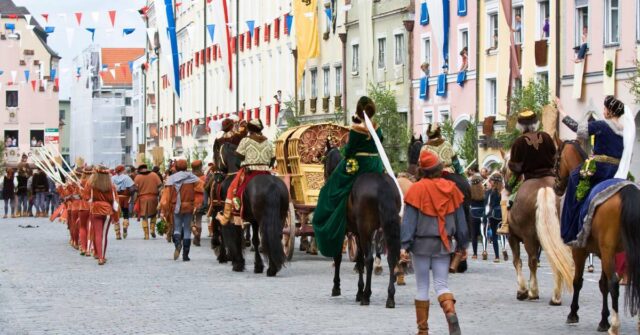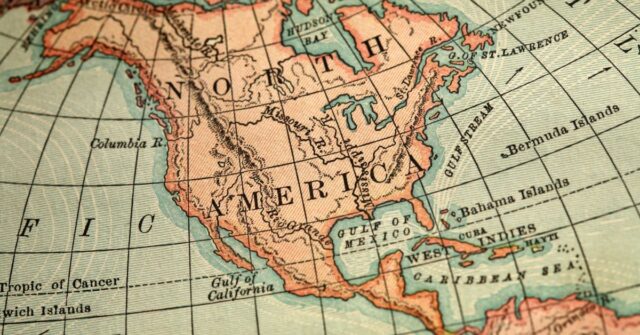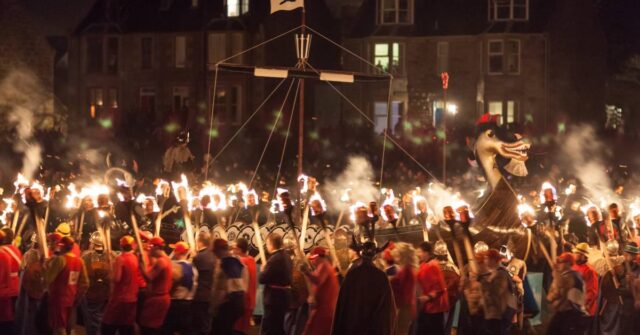On the Isle of Man, an ancient Viking tradition still resonates today. Tynwald Day, a celebration deeply rooted in Norse traditions, offers a remarkable glimpse into the island’s storied past.
This article delves into the origins, significance, and modern-day celebrations of Tynwald Day, providing a comprehensive look at this unique event.
Origins and Historical Context
The Isle of Man’s history is intricately tied with that of the Vikings. Delving into the origins of Tynwald Day reveals an age-old bond that has withstood the test of time.
The Isle of Man and the Vikings
From the 8th century, Norse settlers began to inhabit the Isle of Man. Their influence is deeply entrenched in the island’s culture, traditions, and even its name.
They established a system of governance and law that serves as the foundation for today’s Manx government.
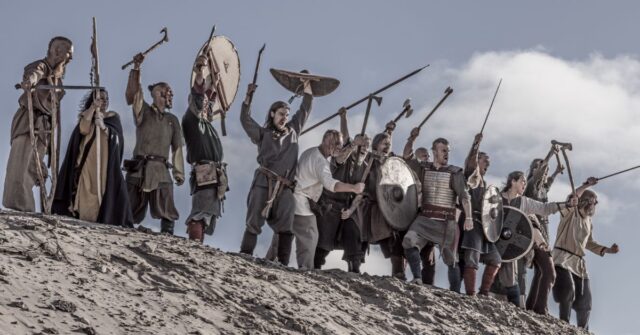

Evolution of Tynwald Day
Over the centuries, the Viking tradition of open-air parliamentary gatherings evolved into what the Manx recognize today as Tynwald Day.
While the foundational principles remain, its observance has seen changes, adapting to the times yet preserving its essence.
Connection to Norse Traditions
Like many Norse traditions, Tynwald Day centers around a communal gathering, emphasizing community decision-making and togetherness. Its parallels can be seen in other Norse-derived traditions across Scandinavia and the North Atlantic islands.
The Significance of Tynwald Day
Tynwald Day isn’t just a historical remembrance; it’s a celebration of Manx people’s identity, governance, and community spirit.
Cultural Importance for Manx People
For the Manx, Tynwald Day is a potent symbol of their distinct cultural identity. Rooted in centuries-old traditions, it’s a day of pride, reflection, and community engagement.
Recognition in the Wider World
While it’s a focal event for the Isle of Man, Tynwald Day has garnered attention globally, drawing interest from historians, tourists, and those fascinated by Viking lore.
Tynwald Day as a National Day
Functioning as the Isle of Man’s national day, Tynwald Day is an official public holiday. It’s a testament to the island’s unique self-governing heritage, where ancient traditions shape modern governance.
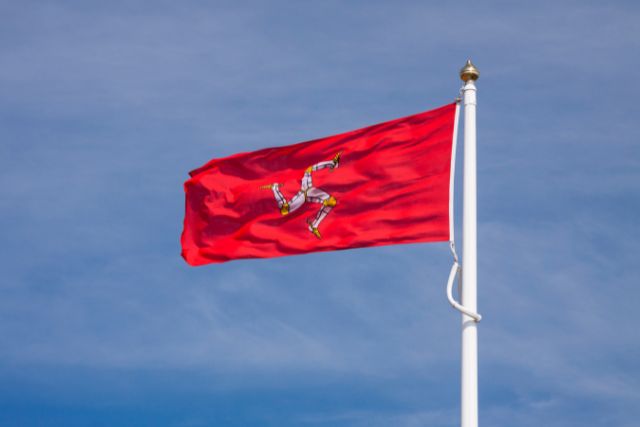

Ceremonial Proceedings of the Day
The rituals and ceremonies of Tynwald Day are a vibrant blend of ancient practices and modern protocols, capturing the imagination of both locals and visitors alike.
The Open-Air Gathering
A nod to its Viking origins, the open-air gathering is an essential part of Tynwald Day.
Crowds congregate at Tynwald Hill, a terraced mound with symbolic significance, reflecting the essence of communal decision-making that was central to Norse governance.
Role of the Deemsters and the Sword of State
The Deemsters, the island’s senior judges, play a pivotal role in the ceremonies. Accompanied by the Sword of State, a symbol of authority and justice, they oversee the proclamation of laws, ensuring the continuity of this age-old tradition.
Proclamation of New Laws
One of the day’s highlights is the proclamation of new laws in both English and Manx Gaelic. It is a testament to the Isle of Man’s commitment to preserving its heritage while advancing its legislative framework.
Modern Celebrations and Observances
In today’s world, Tynwald Day is more than just a historical commemoration. It has embraced modernity while paying homage to its roots, ensuring its relevance and appeal to newer generations.
Traditional Elements Retained
While the core ceremonies have remained largely unchanged, they’re executed with a sense of pride and reverence. From folk music to traditional dances, the island’s rich culture is on full display.
Contemporary Additions to the Celebrations
Over the years, new elements have been incorporated into the celebrations. Live music performances, food festivals showcasing local cuisine, and various community activities make it a day of joy and festivity for all ages.
Community and Tourist Participation
Locals eagerly anticipate Tynwald Day, but its allure isn’t limited to them. Tourists from around the world flock to the Isle of Man to partake in the festivities, drawn by its unique blend of history and modern celebration.
Comparisons with Other Viking Traditions
Tynwald Day’s uniqueness is even more pronounced when juxtaposed with other Viking traditions, offering insights into the widespread influence of Norse culture.
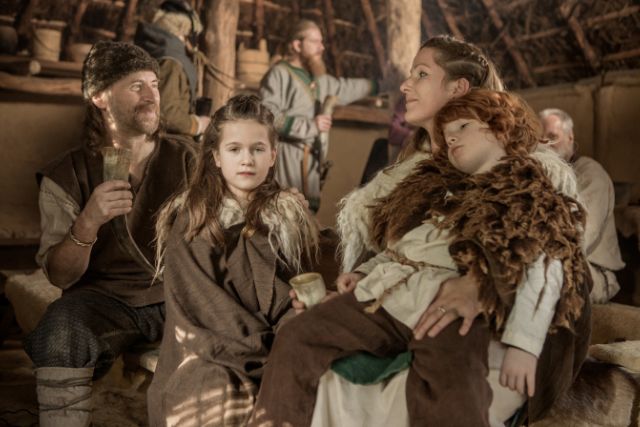

Similarities in Scandinavian Celebrations
Across Scandinavia, remnants of Viking-era celebrations can be found, many centered around communal gatherings, much like Tynwald Day. These similarities highlight the shared Norse heritage that binds these regions.
Distinguishing Features of Tynwald Day
While there are parallels, Tynwald Day stands out for its deep connection to governance and law-making, a reflection of the Isle of Man’s unique history and autonomy.
The Isle of Man’s Endeavors to Preserve the Tradition
Ensuring that Tynwald Day remains a living tradition requires concerted efforts, and the Isle of Man has risen to the challenge.
Educational Programs and Institutions
Various educational initiatives on the island aim to instill an appreciation for Tynwald Day among the youth. Schools and institutions regularly organize events and curricula focused on their historical and cultural significance.
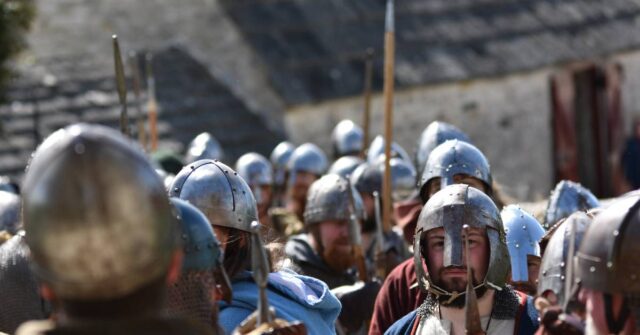

Local and International Collaborations
Collaborations with other regions with Viking heritage have been fruitful in exchanging knowledge and best practices to keep these traditions alive and relevant.
Challenges in Tradition Preservation
Like many traditions, Tynwald Day faces challenges in a rapidly changing world. Balancing modernity with preservation requires continuous effort and adaptability.
Conclusion: The Everlasting Legacy of the Vikings
Tynwald Day is more than just a day on the calendar; it’s a celebration of the Isle of Man’s Viking legacy, governance, and unique identity.
Through its rituals, ceremonies, and celebrations, it stands as a testament to the enduring influence of the Vikings and the Isle of Man’s commitment to preserving its rich heritage.








